When To Use Uv Filter On Camera?
When to Use a UV Filter on Your Camera: Practical Scenarios Explained
For photographers—whether professionals or hobbyists—accessories like UV filters can offer more than meets the eye. Often described as simple protective tools or reminiscents of old film-era techniques, UV filters continue to occupy a pivotal spot in modern photography kits. However, they can also be misunderstood or undervalued. In this article, we’ll dive deep into what UV filters are, when and why you should consider using one, and the practical benefits they bring to your workflow.
What is a UV Filter?
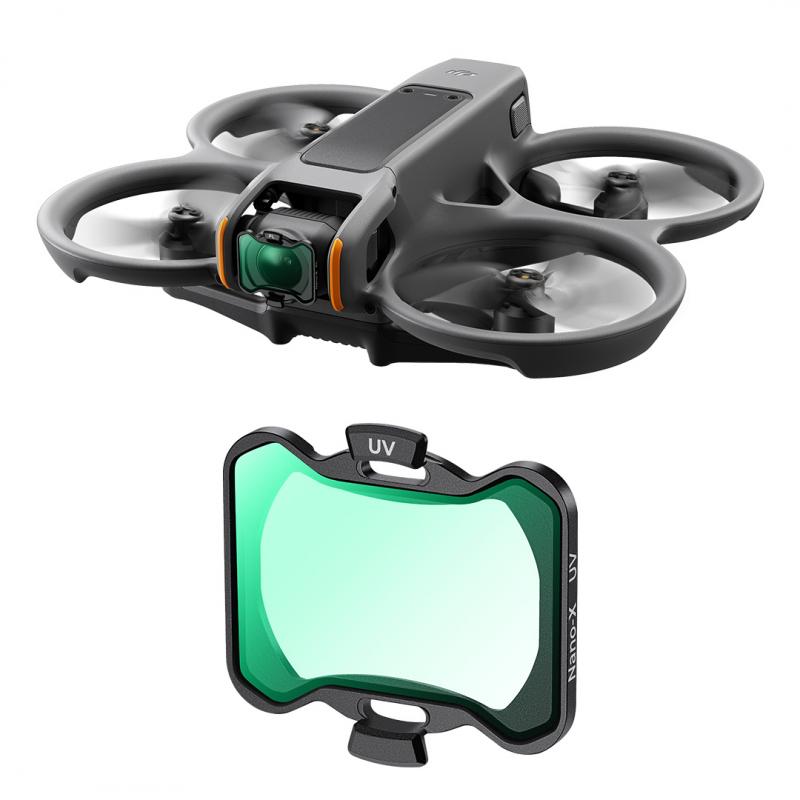
A UV (ultraviolet) filter is a piece of clear or slightly tinted glass or optical plastic that attaches to the front of your camera lens. Originally designed to block ultraviolet rays, these filters were most useful during the film camera era, when UV lighting could create unwanted haze or discoloration in images. Modern digital camera sensors are less susceptible to UV light distortion, which has reduced the necessity of UV filters for image quality. That said, UV filters remain highly relevant due to their practicality, versatility, and ability to provide a range of benefits beyond UV light reduction.
Today, most UV filters are used as protective barriers for your lens. They are usually lightweight and affordable compared to the cost of a high-quality lens, and photographers often keep them on their lenses permanently to guard against environmental risks, scratches, and accidents.
The Practical Applications of UV Filters
While the primary use for many photographers is lens protection, UV filters come with a range of scenarios where they add noticeable value. Here are six practical situations when you should definitely consider using a UV filter on your camera:
---
1. When Shooting in Dusty, Sandy, or Windy Environments
Whether you're photographing a desert landscape, a beach at sunset, or a windy outdoor event, your lens faces exposure to harsh elements like sand, dust, or pollen. These fine particles can stick to or scratch your lens, degrading image clarity and requiring frustrating cleanup. Attaching a UV filter provides a protective layer that takes the brunt of these conditions. If the UV filter becomes scratched or damaged, it is far cheaper and easier to replace than an expensive lens.
---
2. During Outdoor Adventures in Rain or Snow
Moisture can be particularly problematic for your camera lens, especially during rainstorms or snowy conditions. A UV filter helps create a barrier that can repel water droplets, preventing them from touching the lens directly. Some UV filters are even coated with water-repellent substances, making it easier to wipe off moisture. Additionally, if precipitation impacts the visibility of your shot, you can simply clean or remove the filter without risking your actual lens.
---
3. For Protection Against Accidental Impacts and Scratches
Cameras are costly investments, and so are the lenses that come with them. Whether you’re traveling through rugged terrain, working in close quarters, or shooting under time constraints, accidents can happen. A UV filter serves as a sacrificial layer, shielding your lens from scratches, fingerprints, or damage due to accidental bumps. This is particularly useful for photographers who frequently change lenses or carry multiple cameras, as swapping lenses can sometimes lead to inadvertent contact with hard surfaces or objects.
---
4. In High-Altitude or Ultraviolet-Heavy Zones
While modern sensors don’t suffer as much from UV haze compared to film-based systems, UV filters can still have a subtle impact in high-UV zones, such as mountaintops, snowy regions, or open landscapes near water. These environments amplify the scattering of UV light, which may cause a faint bluish hue or loss of contrast in your images. Using a UV filter ensures that such distortions are minimized, leading to cleaner and more vivid photographs.
---
5. For Beginners or Casual Shooters Prioritizing Convenience
Beginners may lack expertise in caring for delicate camera lenses, while casual shooters may use their camera infrequently but in unpredictable environments, such as family outings or vacations. In these cases, permanently attaching a UV filter provides peace of mind by ensuring the lens is always protected. It’s a simple solution that doesn’t require complex technical adjustments or specialized cleaning tools; just wipe down the filter and you’re ready to go.
---
6. When Shooting Near Water or in Coastal Areas
Saltwater spray, high humidity, and the risk of sea mist are common challenges in coastal photography. The residue left behind by saltwater can be corrosive and tough to remove from delicate lens elements. By using a UV filter, you can shield your lens from this corrosive residue, making it easier to maintain clean, streak-free optics.
---
Debunking Misconceptions About UV Filters
With all the advantages UV filters bring to the table, some photographers are still hesitant to use them, often due to certain misconceptions. Let’s address these concerns:
1. Do UV Filters Degrade Image Quality?
High-quality UV filters from reputable brands (e.g., B+W, Hoya, or Tiffen) are designed with optical glass that minimizes reflection or distortion. Although inexpensive filters may introduce ghosting, flare, or reduced sharpness, these issues are generally not a concern with premium filters featuring multi-coated designs. As a best practice, invest in a UV filter that matches the quality of your lens.
2. Do Professional Photographers Use UV Filters?
While some professionals forego UV filters to maximize image clarity, others rely on them for their protective benefits. The decision often boils down to personal preference and specific shooting conditions. Professional photographers who routinely shoot in studios may not consider UV filters necessary, whereas those working in rugged or unpredictable environments might swear by them.
3. Are UV Filters Only Useful for Protection?
Although modern cameras are less affected by UV light, UV filters still play a role in reducing haze and enhancing clarity in certain outdoor conditions. Additionally, specialized UV filters with anti-reflective or water-resistant coatings can enhance usability.
---
Tips for Choosing and Using UV Filters
If you’ve decided that a UV filter suits your needs, here are some tips to help you choose and use them effectively:
1. Invest in High-Quality Filters
Avoid cheap, poorly made filters that may interfere with image quality. Look for filters with multi-coating to reduce reflections and maintain the accuracy of your photos.
2. Match the Filter Size to Your Lens
Check the thread diameter of your lens (typically marked in millimeters) to ensure the filter fits correctly.
3. Clean the Filter Regularly
Keep your UV filter clean to ensure it doesn’t introduce smudges or haze into your shots. Clean it with a microfiber cloth and lens cleaning solution.
4. Use with Other Lens Accessories
UV filters can be used alongside lens hoods to provide both protective benefits and reduced lens flare.
5. Remove the Filter When Necessary
In certain situations (e.g., studio photography, exposure to strong artificial light), you may want to remove the UV filter to avoid unwanted reflections or light interference.
---
Conclusion: When and Why UV Filters Matter
In the digital age, UV filters are no longer a mandatory tool for controlling UV light in photographs, but their role as protective accessories remains invaluable. If you frequently work in outdoor environments with challenging conditions, such as dirt, water, or high UV zones, a UV filter can save your lens from damage and preserve your investment for years to come. Even for casual photographers, the lightweight, affordable nature of a UV filter makes it a practical addition to any camera kit.
While UV filters aren’t the answer to every photography challenge, they are a versatile tool that delivers peace of mind and added convenience. Whether you’re a beginner experimenting with your first DSLR or a seasoned photographer scaling mountaintops for the perfect shot, understanding when and why to use a UV filter can enhance your overall shooting experience while protecting the gear that makes it all possible.

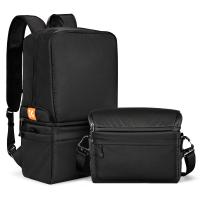
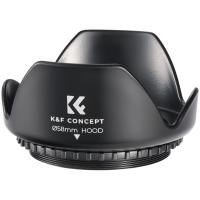
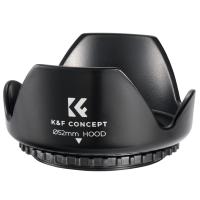
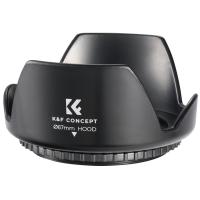
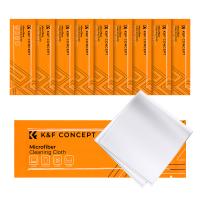
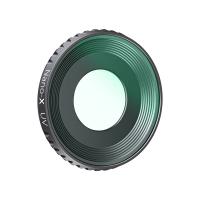
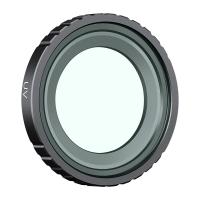
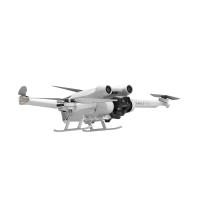
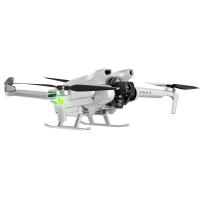
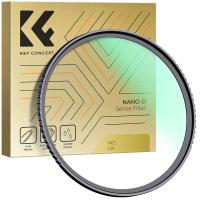
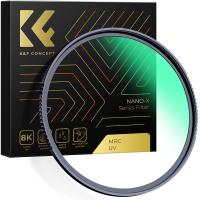
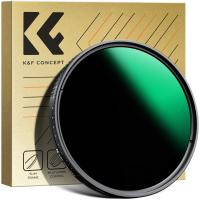
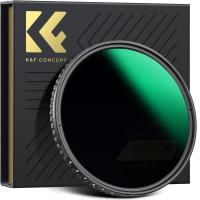
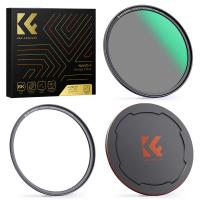
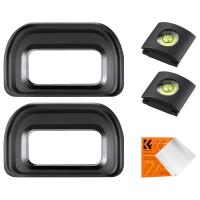
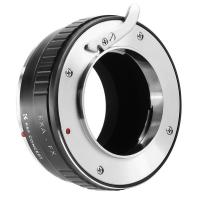

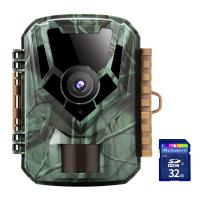
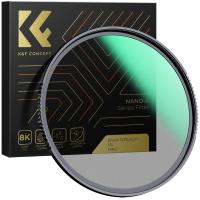
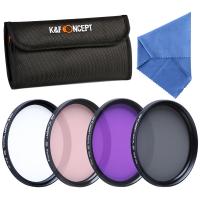
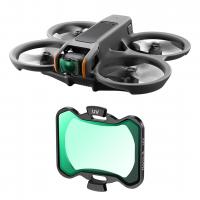
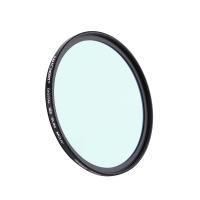
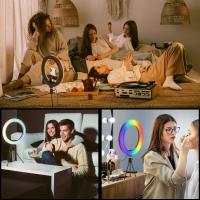
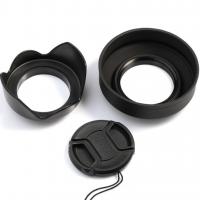
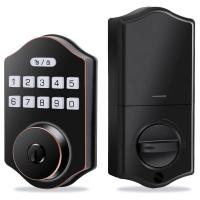
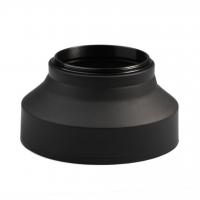
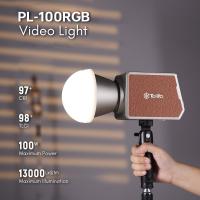
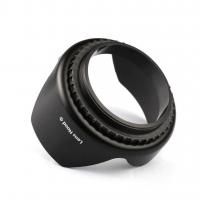
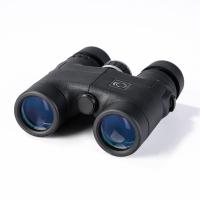

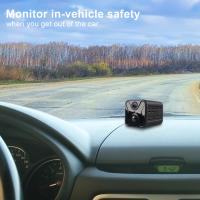
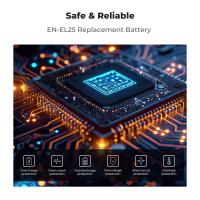

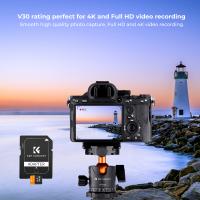
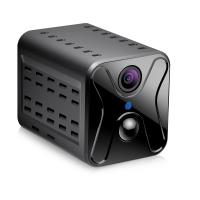
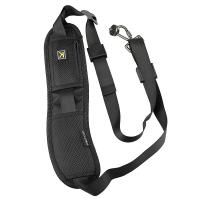
There are no comments for this blog.